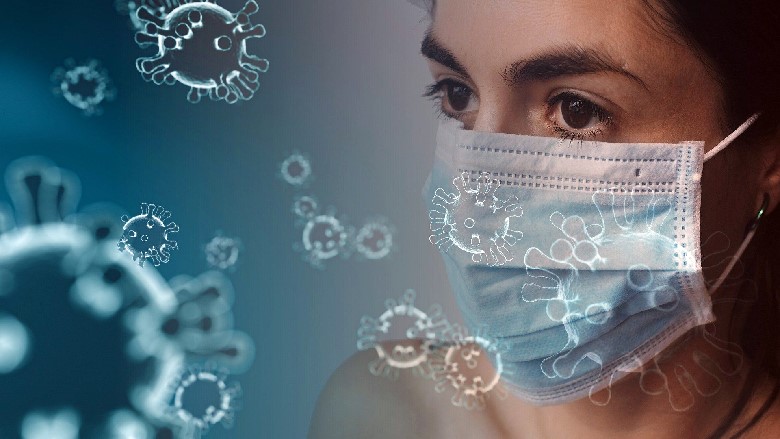An analysis of nearly 3 million homes in the US has shown that households that have hosted birthday parties recently are at a higher risk of testing positive for COVID19 in areas where the infection rate is high. The study has relied on health insurance claim data that have been collected in the first 45 weeks in the year 2020 across the country. The study has been done to find out the potential risk of small gatherings on the transmission of the SARS-CoV-2 virus. The study has shown that in places where the frequency of COVID19 has been low; there has been no evidence of an elevated rate of infection in the weeks of subsequent birthdays. On the other hand, in the areas, where the SARS-CoV-2 virus has been circulating in the community, households that have hosted birthday parties are at a 30 percent higher risk of getting a positive COVID19 diagnosis as compared to those households that have not hosted any birthday parties. The authors of the analysis have said that in simpler words, in counties that have high transmission of COVID19, households that have hosted birthday events account for 8.6 more cases on average per 10000 people as compared to households in the same counties without hosting a birthday party.
Health experts have said that the effect differs with a child’s birthday and an adult’s birthday party. A child’s birthday party has shot up the COVID19 cases with an additional 15.8 cases per 10000 people in the two weeks following a birthday event. In the case of a household with an adult’s birthday party, the increase in COVID19 cases has been 5.8 additional cases per 10000 people. The findings of the study have been released in the journal called JAMA Internal Medicine. The authors of the analysis have said that they have focused on details of birthday parties, as it has been one of the vital bits of details that have been easily available from insurance claim data. Health experts have said that these are events where people can easily avoid COVID policies such as meeting other people indoors without any social distancing. The study has been led by Dr. Jena, who is a physician and associate professor of health care policy at Harvard Medical School.
Health experts have said that the response of the US to the threat of the virus has not been uniformed across the country. The SARS-CoV-2 virus leads to COVID19 disease. They have said that the patchwork of restrictions mask-wearing and social distancing being imposed in certain areas and being lifted in some local, regional, and state-level areas have further complicated it due to disparity in socio-economic, political, occupational, and ethical strata. The authors of the study have said that they do not really know whether, on those occasions, birthday parties have been organized but those birth dates have been used as a proxy for social gatherings and in-person events. Some experts who have not been involved in the study have said that in areas where stay at home order has been put in place, the birthday effect will be almost nil. On the other hand, the new study has found that even in those areas where stay at home order has been put in place, the birthday effect has been in line with areas where shelter in place order has not been imposed. The lead author of the study, Christopher Whaley has said that it is evident that people have not been following the stay-at-home order during such a type of event. Dr. Christopher Whaley has said that most stay-at-home order has been directed towards large-scale formal gatherings and events. Many experts have said that it seems that people in the US have let their guard down a little too early. Many people do not think that their own family members and friends can pass on the virus to them.
